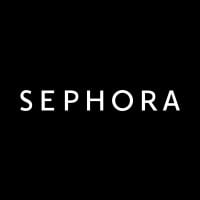
Bunnings
We are the leading retailer of home improvement and outdoor living products in Australia & New Zealand and a major supplier to project builders, commercial tradespeople and the housing industry. Our ambition is to provide our customers with the widest range of home improvement products in accordance with our lowest prices policy, backed with the best service. Our social media community standards can be found here: https://www.bunnings.com.au/policies/community-standards






